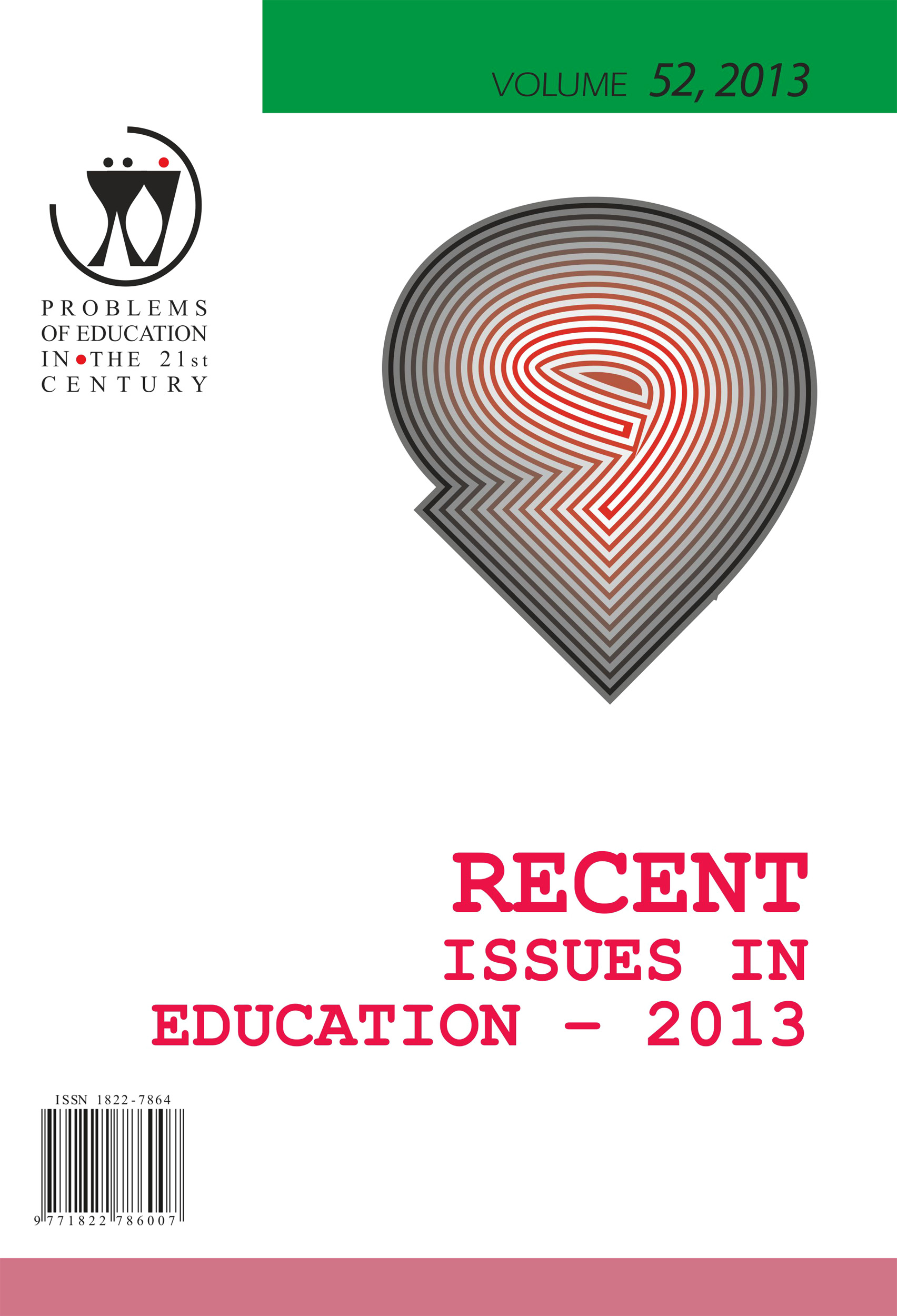PRESCHOOL CHILDREN DEVELOPMENT EMPATHY THROUGHT INDIVIDUALIZED MATERIALS
PRESCHOOL CHILDREN DEVELOPMENT EMPATHY THROUGHT INDIVIDUALIZED MATERIALS
Author(s): Agneta Simeonsdotter SvenssonSubject(s): Education, Preschool education, School education, Pedagogy
Published by: Scientia Socialis, UAB
Keywords: animals; empathy; ethics; preschool children;
Summary/Abstract: The overall objective of the study is to investigate whether the understanding of animals and their living conditions is a way for child’s emphatic ability. One interesting question is in what way children show that they are developing empathy. Do children show some change in the way they talk about animals and their living conditions? How is this change revealed? The theoretical basis of this study is based on Martin Hoffman's research (2000) which emphasizes the importance of learning and of encouraging empathy in children. The study design is qualitative and was conducted using conversations with child participants, notes, photographs and video recordings of the children working with the teaching material "cat picture" and dog picture". The participants comprised of 52 children aged between 3-5 years, divided into a main group and a control group with 26 children, 12 girls and 14 boys in each group. The results show that there is a difference in the two testing occasions between the main group and the control group. As the main group were given opportunities to think and reflect and work with the material, ideas about thoughts on ethical issues could emerge and developed further. Sustainable development must begin with the children. This is the best investment that any society can make.
Journal: Problems of Education in the 21st Century
- Issue Year: 52/2013
- Issue No: 1
- Page Range: 115-124
- Page Count: 10
- Language: English

